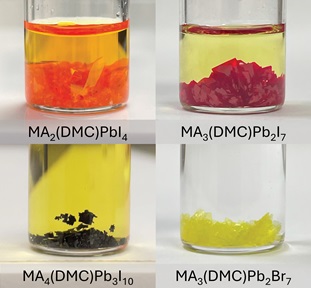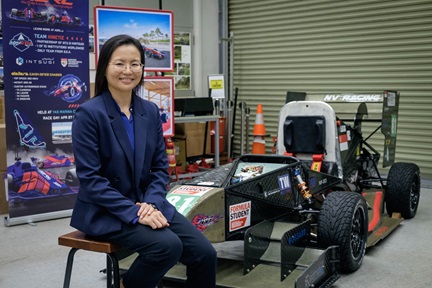'Fearful' self-driving cars are safer on the road
Self-driving cars with a sense of fear are better drivers.

Autonomous vehicles powered by artificial intelligence have many advantages, but ensuring that they make safe decisions in risky scenarios remains a challenge.
Mimicking the workings of the amygdala, a part of the brain that processes emotions, NTU researchers have developed a machine learning model that can “feel” fear. This enables autonomous vehicles to learn defensive driving behaviours and take safer actions.
Humans feel fear when faced with unpleasant events or uncertain situations and learn to avoid them. The researchers programmed fear into the model by incorporating anticipated negative stimuli and uncertainties in its decision-making process.
Their experiments found that the model had a lower collision and traffic violation rate in ambiguous road situations than other autonomous driving programmes. The model also outperformed human drivers in avoiding collision when a vehicle suddenly cut into its lane.
“By helping autonomous vehicles make the correct decisions while on the road, our model could make transportation safer,” says Assoc Prof Lyu Chen of NTU’s School of Mechanical and Aerospace Engineering, who codeveloped the model with his team.
Read more in “Fear-neuro-inspired reinforcement learning for safe autonomous driving” in IEEE Transactions on Pattern Analysis and Machine Intelligence (2024), DOI: 10.1109/TPAMI.2023.3322426.
The article appeared first in NTU's research and innovation magazine Pushing Frontiers (issue #24, October 2024).



.tmb-listing.jpg?Culture=en&sfvrsn=29c7e020_1)
.tmb-listing.jpg?Culture=en&sfvrsn=55153609_1)


